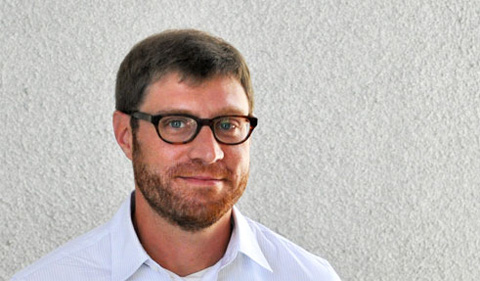
Dr. Matthew Rosen
Dr. Matthew Rosen, Assistant Professor of Anthropology, presented “Reading Nearby” at the First International Workshop of the #Colleex Collaboratory for Ethnographic Experimentation.
The workshop is supported by the European Association of Social Anthropologists (EASA). The purpose of the workshop is to learn about the members of the network’s experiences of “arrangements that assemble the world in specific social and material patterns for the production of knowledge. We would like to focus on thoughtfully designed interventions through which particular relationships, material artefacts, digital (or other) infrastructures, fieldnotes, venues, meeting practices, etc. assemble the world and turn ethnography into a venue for experimentation.”
The European Association of Social Anthropologists is a professional association open to all social anthropologists either qualified in, or else working in, Europe. The association seeks to advance anthropology in Europe by organizing biennial conferences. EASA’s academic journal, Social Anthropology/Anthropologie Sociale appears four times a year. EASA is a sister association of the International Society for Ethnology and Folklore and a member of the World Council of Anthropological Associations.
Abstract: This paper introduces an ethnographic method I call “reading nearby.” The main idea of reading nearby is to take reading as a point of entry rather than as an object or unit of analysis. Obviating concerns with the interior experience of reading, this method uses the tools of ethnography (including participant observation, interviews, life histories, and photoethnography) to explore how reading makes things happen in people’s lives. To illustrate, I discuss my research on a community of readers, writers, poets, and translators attached to two Tirana literary institutions: the bookstore-café, E për7shme, which has been a hangout for writers and artists since 2004, and Pika pa sipërfaqe, a company formed in 2009 that publishes mostly fiction in translation and contemporary Albanian literature. The key finding I report here—that the publishing firm came into being through the meeting of like-minded readers at the café—exemplifies the kinds of social relationships, projects, and partnerships co-produced through the act of reading nearby.

















Comments